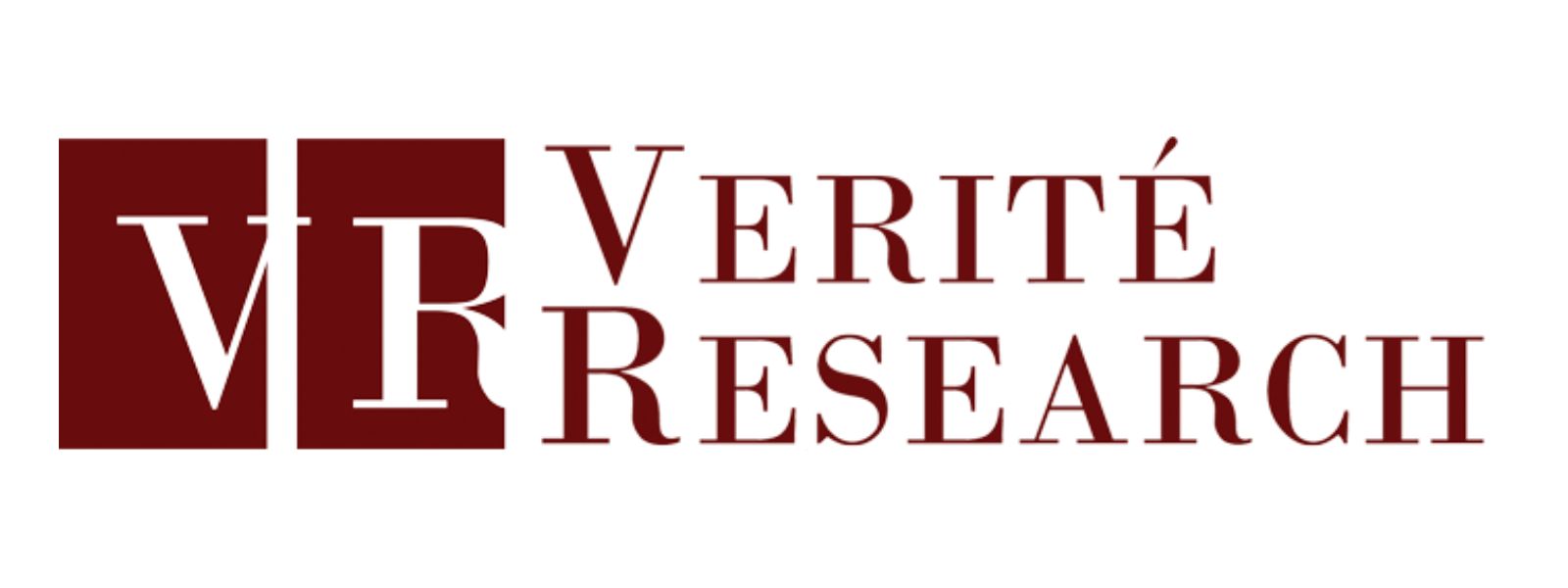The Verité Research report, titled “Backwards in Blacklisting: Gaps in Sri Lanka’s Procurement Framework Enable Corruption,” exposes two key vulnerabilities in the country’s approach to tackling corruption in this critical area.
The report highlights that Sri Lanka’s procurement guidelines, established in 2006, lack crucial provisions. Unlike other South Asian countries, these guidelines do not recognize “engaging in corrupt and fraudulent activities during procurement” as a valid reason for blacklisting contractors. This significant gap leaves the door open for corrupt practices to go unpunished.
The report finds a lack of compliance with existing regulations, even where provisions exist. Despite having rules in place to blacklist contractors who default on their contractual obligations, Sri Lanka has failed to do so in any instances. The Department of Public Finance’s online database for publishing the names of such contractors remains empty, while neighboring countries like Nepal and Bangladesh maintain well-populated databases.
This concerning situation underlines the high levels of corruption present in Sri Lanka’s public procurement system, a finding echoed by both the civil society governance diagnostic and the International Monetary Fund (IMF) governance diagnostic.
The IMF has even emphasized the need for Sri Lanka to enact a public procurement law by December 2024, aligning it with international best practices.


